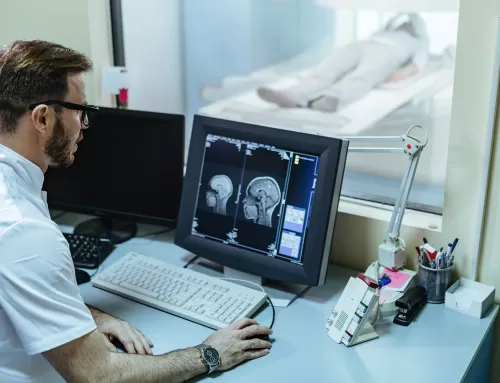Acute stress disorder (ASD) is a condition that can occur in individuals who have experienced or witnessed a traumatic event. The symptoms of ASD typically appear within the first month after the traumatic event and can last up to four weeks. Intense feelings of anxiety, fear, vulnerability and a range of physical and cognitive symptoms characterise the condition.
Causes of Acute Stress Disorder (ASD)
The causes of Acute Stress Disorder (ASD) are believed to be related to the impact of traumatic events on the body and brain. Trauma can cause the body to release large amounts of stress hormones, such as cortisol and adrenaline, which can affect the functioning of the nervous system and lead to the development of symptoms of ASD. Trauma can also lead to changes in how the brain processes information, which can contribute to the development of symptoms of ASD.
Symptoms of Acute Stress Disorder (ASD)
The symptoms of Acute Stress Disorder (ASD) can include a range of physical, emotional, and cognitive symptoms. Some common symptoms of ASD include:
- Intrusive, distressing memories, thoughts, or images of the traumatic event
- Avoidance of things that remind the person of the traumatic event
- Negative changes in mood or cognition, such as feeling detached or estranged, and difficulty experiencing positive emotions
- Increased arousal and reactivity, such as being easily startled or irritable
- Physical symptoms, such as tremors and trouble sleeping and concentrating.
Comparison of ASD with PTSD
Acute Stress Disorder (ASD) is different from post-traumatic stress disorder (PTSD) in that the symptoms of Acute Stress Disorder (ASD) occur within the first month after the traumatic event and last for no longer than four weeks. In contrast, PTSD is a more chronic condition that can develop after the symptoms of ASD have resolved. Additionally, the symptoms of PTSD are more severe and persistent than those of ASD and can significantly impact an individual’s quality of life.
Treatments for Acute Stress Disorder (ASD)
Treatment for ASD typically involves a combination of psychological therapy and medication. The main goal of treatment is to help the individual process the traumatic event and learn coping strategies to manage the symptoms of ASD. Therapy can also help the person understand their reactions, reframe the traumatic event and learn coping mechanisms to help them manage the situation. So, if you’re noticing signs and symptoms of ASD, contact us now and get one step closer to rehabilitation.




